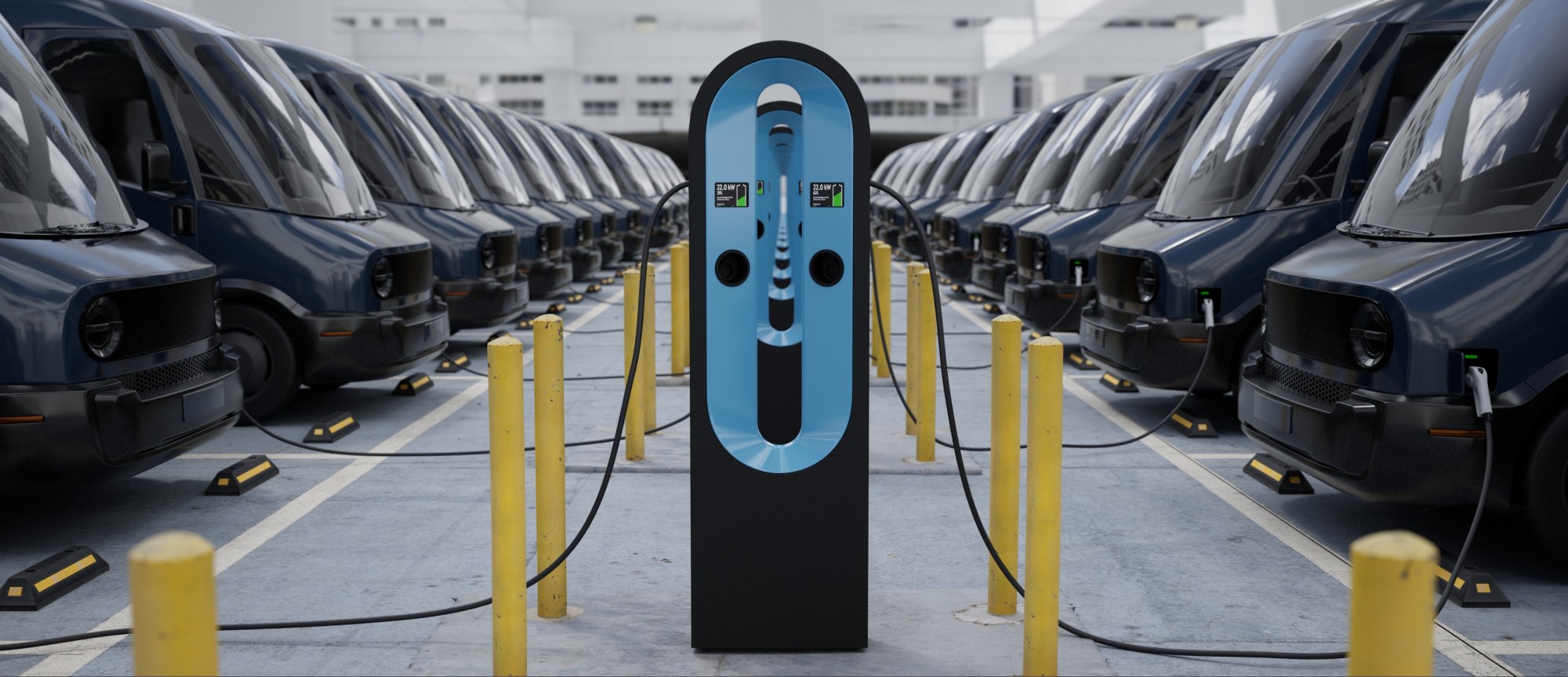Distributed Energy Resources, GHG Emissions, Industrial, Sourcing Renewables - March 20, 2024
Mercedes-Benz Sets More Emissions Goals
Mercedes-Benz announced a continued global expansion of its electric passenger car portfolio, targeting an up to 50% share of xEVs in the new vehicle fleet in the second half of the decade, and a goal to lower production CO2 emissions by 80% by the end of the decade.
The automaker has set a goal to run all fully owned Mercedes-Benz production sites worldwide on 100% renewable energies by 2039,
At its third annual ESG Conference, the company also announced that in 2023, CO2 emissions in production fell further — by a total of 72% compared to 2018 — and that it increased its share of renewable energies to 47%.
The company is on track to achieve its target CO2 reduction of 80% and increase its renewable energy share to 70% (cars) or 80% (vans) at its production sites by 2030. Its current renewable energy initiatives include an onshore wind farm in Papenburg in Germany and the Windanker offshore wind farm in the Baltic Sea.
Mercedes-Benz is also expanding its energy storage facilities. Entering a new partnership with the German cleantech company CMBlu Energy AG, its first Organic SolidFlow battery storage facility is scheduled for 2025 at its Rastatt, Germany, plant. The technology offers high potential in terms of scalability and sustainability.
“Mercedes-Benz has always been driven by a belief in tomorrow,” said Ola Källenius, Chief Executive Officer of Mercedes-Benz Group AG, in a statement. “This pioneering spirit is key so we can play our part in climate protection and to make our business even more sustainable in all respects. We continue to strive for net carbon-neutrality by 2039, and we believe that ESG principles enable long-term value creation.”
The company’s major achievements in 2023 include a reduction in lifecycle carbon emissions to 46.3 tons per vehicle (2020: 49.7 tons). Upcoming model generations will accelerate this significantly, with the aim of reducing net lifecycle carbon emissions up to 50% per passenger car by the end of the decade.
Mercedes-Benz is making strong progress in decarbonizing its supply chain. One example is CO2-reduced steel processed using electric-arc furnaces (EAF) powered by renewable energy.
Mercedes-Benz is contributing to the development of a widely accessible charging infrastructure, offering customers access to over 1.6 million charging points worldwide via Mercedes me Charge, setting up its own charging network, and joining forces with other car manufacturers in several charging joint ventures.
Read These Related Articles:
- White House unveils $4.5B in loan guarantees for EV charging, new private sector partnership
- Mercedes-Benz To Cut Emissions By 50% by 2030
- Automotive Cells Co Receives Financing for Battery Plants
- Mercedes-Benz Secures Sustainable Steel for Alabama Plant
- Mercedes-Benz to Launch High-Power EV Charging
Stay Up-To-Date












